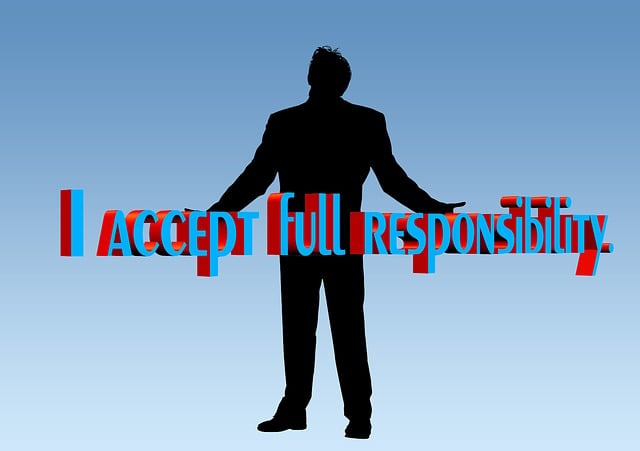
International Day of Conscience 2026

International Day of Conscience 2026: Acting with Ethics, Empathy, and Integrity
Observed every year on April 5, the International Day of Conscience draws global attention to the power of moral reflection and compassion. First established by the United Nations General Assembly in 2019, this day calls on individuals and communities to act with integrity, uphold human dignity, and make choices grounded in care for others. The observance supports the creation of a more peaceful and inclusive world by promoting ethical leadership and collective responsibility.
Origins and Background
The International Day of Conscience was proclaimed through UN resolution 73/329, adopted in July 2019. Its first observance took place on April 5, 2020. Inspired by the Declaration and Programme of Action on a Culture of Peace, the day reflects decades of global work to integrate peaceful values into everyday life. Its roots trace back to a 1989 UNESCO congress in Côte d'Ivoire, which laid the foundation for promoting peace in the minds of individuals through education, dialogue, and shared responsibility.
Conscience as a Force for Peace
Conscience acts as a compass, guiding decisions and shaping actions that respect others and contribute to the public good. By encouraging personal reflection, the day supports the idea that peace starts within each person. Ethical behavior, empathy, and respect can lead to stronger communities, more transparent leadership, and reduced social conflict. Through conscious effort, individuals play a role in shaping a more compassionate society.
Connection to the Sustainable Development Goals
The International Day of Conscience advances several UN Sustainable Development Goals, especially those focused on peace, equality, and participation:
-
SDG 4: Quality Education – Supporting peace education and conflict resolution in classrooms and communities.
-
SDG 5: Gender Equality – Promoting fairness and opportunity across all identities.
-
SDG 10: Reduced Inequalities – Addressing the root causes of exclusion to build equity.
-
SDG 16: Peace, Justice, and Strong Institutions – Encouraging transparency, fairness, and inclusion in governance.
Action Through Community and Education
Education remains central to long-term change. When schools and communities offer programs that teach nonviolence, global citizenship, and conflict resolution, the result is a population better equipped to handle differences with respect. Teachers and community leaders play a key role in setting an example and passing on values that support social trust and peace.
Building Trust Through Dialogue
Peacebuilding often starts at the local level. Neighborhood meetings, interfaith exchanges, and cultural initiatives create opportunities for people to share stories and build mutual respect. These connections reduce fear, dismantle prejudice, and promote understanding across social divides. Small conversations can have lasting effects.
Economic and Social Equity
A peaceful society cannot be built on inequality. Closing gaps in access to education, jobs, and resources creates a more stable and fair environment. When individuals feel heard and included, the foundation for conflict weakens. Equity brings long-term benefits that extend across generations.
Ethical Leadership and Responsibility
Leaders set the tone for public life. When those in power lead with honesty, compassion, and fairness, they build trust and encourage shared responsibility. The International Day of Conscience invites decision-makers to reflect on their role in shaping policy and public perception through ethical choices.
Global Partnerships and Collective Support
International efforts, including those led by UNESCO and the United Nations Alliance of Civilizations, focus on uniting governments, educators, and civil society around shared values. These partnerships fuel initiatives that bring people together through dialogue, education, and shared projects.
How to Mark the Day
On April 5, individuals and organizations are encouraged to pause and reflect. Activities may include ethics workshops, community conversations, school programs, or digital campaigns. The goal is to promote awareness of the role conscience plays in shaping a fairer world—one decision at a time.
The International Day of Conscience is a global invitation to act with care, lead with principle, and treat others with dignity. Whether through education, public service, or a moment of personal reflection, every effort adds to the vision of a more peaceful and united planet.
International Day of Conscience Themes
| Year | Theme | About |
|---|---|---|
| 2020 | Promoting a Culture of Peace with Love and Conscience | The first official observance called for global reflection and action rooted in love, conscience, and peace, following the UN declaration of April 5 as the International Day of Conscience. |
| 2021 | No Official Theme | The day continued to focus on promoting peace, love, and conscience, encouraging people to reflect on values and behavior without a formal theme. |
| 2022 | No Official Theme | Ongoing efforts emphasized the role of conscience and empathy in building a peaceful, inclusive, and just society through education and dialogue. |
| 2023 | No Official Theme | Promoted global awareness and responsibility by encouraging individuals and organizations to act with conscience to support human rights and dignity. |
| 2024 | Promoting a Culture of Peace with Love and Conscience | The theme reaffirms the original message of the day, calling for peace through inner reflection, empathy, and shared responsibility for a better world. |
